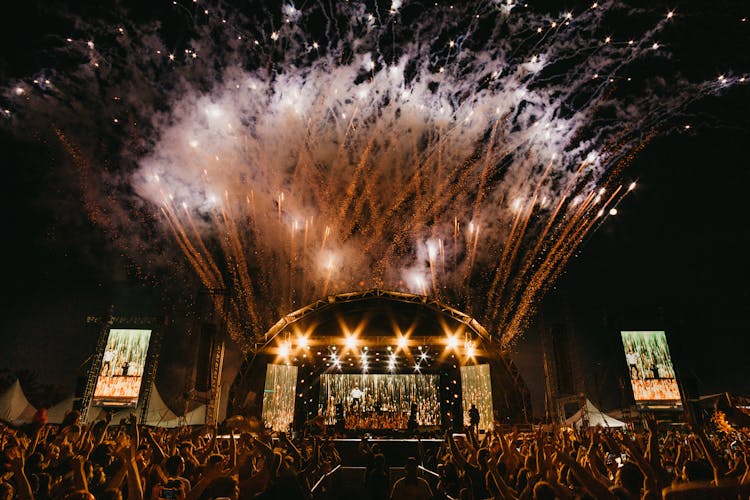All Categories
Featured
Table of Contents
- – Knowing Your Target Festival Goers
- – Showcasing Brand Identity
- – Designing Space and Layout
- – Conveying Essential Information
- – Ensuring Practicality and Functionality
- – Setting a Realistic Budget
- – What are the critical elements to include in ...
- – How does understanding the target audience be...
When constructing a comprehensive brief for a festival display, the initial step involves articulating your company’s backdrop and what you aim to achieve by participating. Whether your goal is to amplify brand presence, launch innovative products, or forge deeper connections with your audience, outlining these objectives provides a framework for expected outcomes. This categorical clarity not only guides the design process but also benchmarks for success, ensuring each element of the display aligns with the broader marketing goals.
Knowing Your Target Festival Goers
Detailed information about who your target audience is crucial. Demographic details, interests, and consumer behavior enable designers to tailor the display for maximum engagement. Understanding the audience not only refines the visual and functional aspects of the display but ensures that the selected themes resonate, increasing the likelihood of a successful interaction.
Showcasing Brand Identity
The essence of your brand should be pronounced within the festival environment. Standardization in colors, logos, and typography must be vividly described in your brief. This consistency is vital for brand recognition and aids consumers in connecting the visual stimuli with your company, creating memorable touchpoints. Moreover, brand consistency serves as a visual shorthand that communicates the ethos and quality your brand represents, further embedding your image in the consumer's psyche.
Designing Space and Layout
The spatial design of your festival display plays a pivotal role in visitor interaction. Accurately detailing the dimensions and configuration of your allotted space—while accounting for flow and engagement zones—enables designers to optimize the area effectively. This section of the brief should also encompass any event-specific regulations or constraints, which can significantly influence the structural possibilities of your display.
Conveying Essential Information
The content conveyed through your festival display should articulate your key marketing messages clearly and assertively. Identifying what these messages are early in the briefing process ensures that every element of the design serves to emphasize these points, ensuring they resonate deeply with your target audience. Whether it's sustainability, innovation, or customer-centricity, the messaging needs to be integrated seamlessly into the design elements and activities featured in your display.
Ensuring Practicality and Functionality
The practical aspects of the display—such as areas for demonstrations, digital displays, and private consultation spaces—need to be meticulously detailed. These functional requirements not only impact the design but also play a crucial role in the overall visitor experience, serving practical needs while fostering engagements. Understanding these needs early in the design process helps in creating a balanced space that marries form with function.
Setting a Realistic Budget
Clear communication regarding the budget not only sets financial boundaries but also guides the creative process within realistic parameters. Knowing the budget upfront helps designers propose cost-effective solutions that do not compromise on aesthetics or functionality, ensuring the final design is both feasible and reflective of the brand's vision.
What are the critical elements to include in a festival display brief?
How does understanding the target audience benefit the festival display design?

Hot Topics
Table of Contents
- – Knowing Your Target Festival Goers
- – Showcasing Brand Identity
- – Designing Space and Layout
- – Conveying Essential Information
- – Ensuring Practicality and Functionality
- – Setting a Realistic Budget
- – What are the critical elements to include in ...
- – How does understanding the target audience be...
Latest Posts
Accelerate Your Online Experience with Optimized WordPress Hosting
Mastering Record Cleaning: From Chemical to DIY
The Fascinating World of Lego Themes
More
Latest Posts
Accelerate Your Online Experience with Optimized WordPress Hosting
Mastering Record Cleaning: From Chemical to DIY
The Fascinating World of Lego Themes